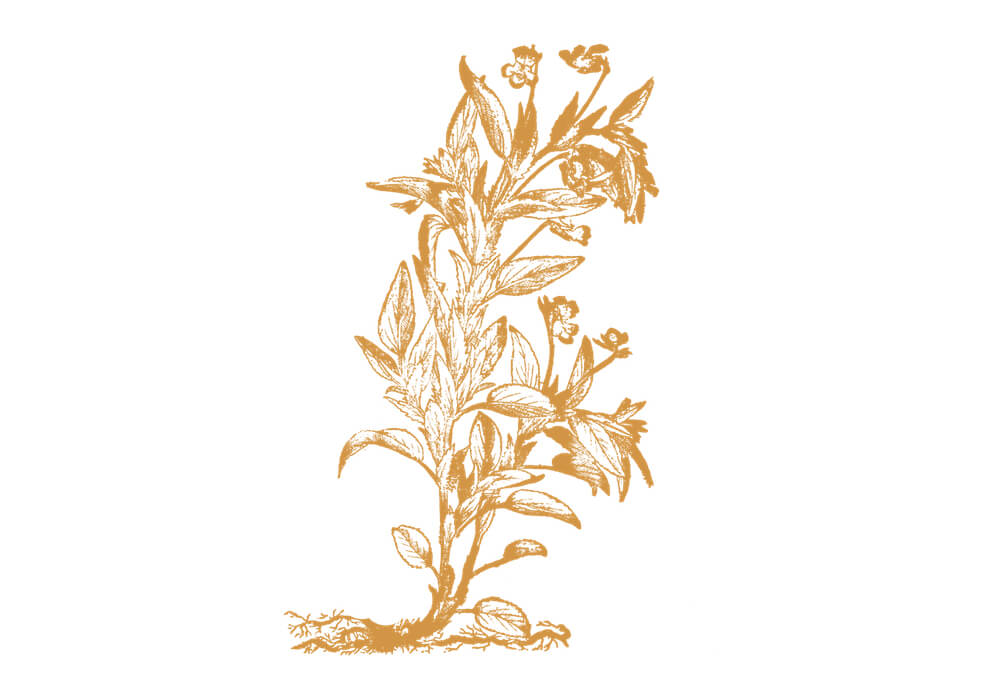The classic pansy from the garden or bed know most. The original Wild Pansy, is more inconspicuous than the cultivated "stepmother", but their healing effect has been appreciated for thousands of years.
With 10 cm height and the small flowers, the wild pansy is a rather inconspicuous medicinal plant. In the past, it was in great demand because of its anti-inflammatory effect. Nowadays, however, the plant is rarely used. Only the effect on cradle cap and oily skin is scientifically confirmed and widespread. However, the wild pansy offers much more. It is especially useful for skin inflammation, irritation and itching. Used mostly the tea, the boiled herb or a tincture.
Natural help for inflammation
In the past, wild pansy was used to treat, in particular, inflammatory diseases of the skin, mucous membranes, respiratory organs, as well as joints. But also in other inflammatory conditions such as eczema, dermatitis and psoriasis, as well as acne and itching, the wild herb should provide relief. Phytotherapy uses pansy as a typical remedy for inflammatory conditions. The main active ingredient of the herb is methylsalicylic acid and derivatives thereof. These compounds are related to the active ingredient acetylsalicylic acid of aspirin and also have similar effects. Thus, they relieve inflammation and corresponding accompanying inflammatory symptoms such as redness and pain.
Application of the European medicinal herb
The wild pansy is usually offered as a tea. In addition, one receives tinctures, as well as caring skin creams with the extract of the plant. Today, especially the external use of wild pansy is widely used for eczema, impetigo, skin itching and acne. Gargling the tea is said to have a soothing effect on throat diseases, colds, coughs and sore throats. Thanks to the antibiotic effect of the herb, a decoction of the herb or an alcoholic extract help with inflammatory conditions. In addition, the tannins leave a skin and mucous membrane protection (astringent effect), while the mucilages provide an irritation-relieving coating.
Application and dosage of wild pansy tea: steep 1.5 g of dried herb in a cup of water for about 10 min and strain. Drink up to three times a day. As wash, poultice or self-stirred ointment it can be used for blemished skin, acne, neurodermatitis and scaly skin diseases.







